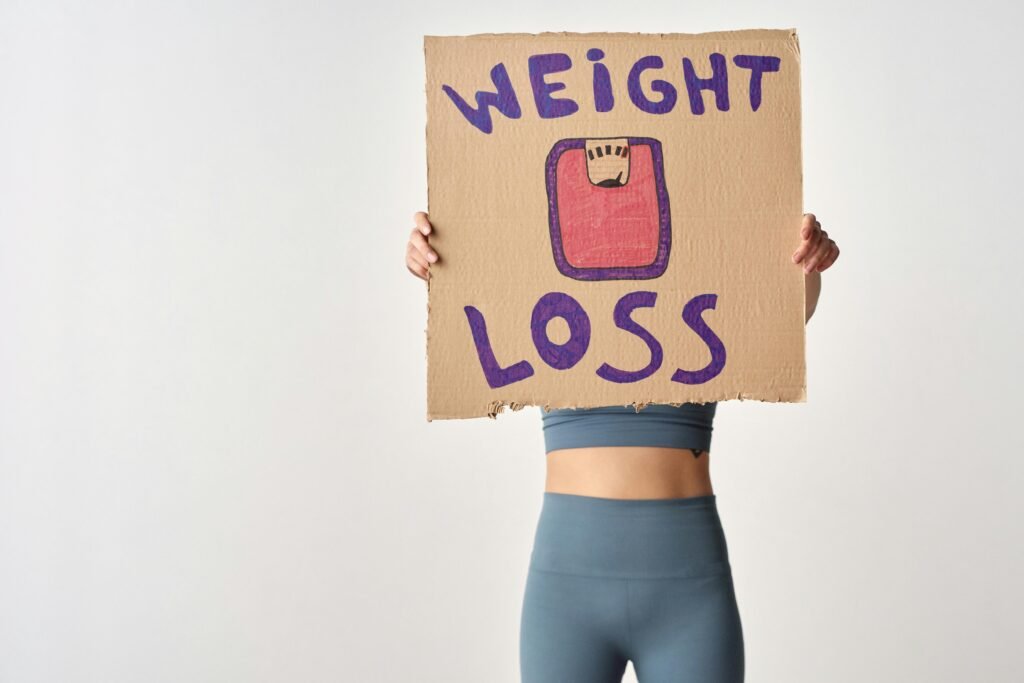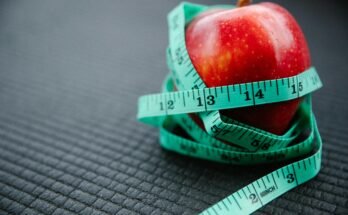Table of Contents

How to Lose Weight and Improve Your Health in 30 Days : A Complete Guide to Boosting Energy introduction
How to Lose Weight and Improve Your Health in 30 Days In the next 30 days, if the right kind of approach is taken, losing weight can greatly improve one’s health and energy. This guide helps to establish healthier habits leading to sustainable weight loss that do not involve extreme deprivation or torturous exercises-all keyed to balanced nutrition, include movement, and lifestyle changes that escape starting the health journey feeling so great.
1.Set clear and realistic goals.
First, you want to set yourself a reasonable number for the next 30 days. That’s a realistic and attainable 4-8 pounds over the month. It may not seem like much, but weight loss at a reasonable pace is far more likely to “cushion” for sustainability and minimize losses of muscle and drops in metabolic processes. Not merely weight adjustments—think about better sleep, more energy, or a more active lifestyle. Clear objectives will keep you upfront and engaged in your weight-loss journey.
2.Nutritionally Balanced Way of Eating Will Save You
A balanced diet paves the way for weight loss and increased energy. Here is how you can build a diet that works for you.
Lean Proteins: Include a source of protein at every meal to promote fullness and muscle health. Think chicken, turkey, tofu, fish, eggs, and legumes.
Complex Carbohydrates: Carbs are essential for energy; do not attempt to eliminate them totally. Use good sources such as oats, quinoa, and brown rice, which furnish a more stable energy source.
Healthy Fats: Include healthy fats from avocados, nuts, seeds, and olive oil. Fats are essential for hormone health and to keep you satisfied.
Fiber-Rich Vegetables and Fruits: Fill half of your plate with vegetables to get fiber, vitamins, and minerals, with just a small portion of fruit for a naturally sweet treat.
Hydration: Water is extremely important for energy and metabolism. Drink about eight cups of water a day and consider adding lemon or cucumber for flavor.
3.Be Sure to Have an Eating Schedule
Eating at regular intervals helps one to minimize the chance of hunger smack-downs and energy dips, thus avoiding a temptation due to unhealthy snacks. Have three well-balanced meals with a couple of healthy munchies. This way, sugar levels remain steady and healthier options are more achievable. If you are not hungry at breakfast, check with your body; just try to avoid night-time eating.
4.Daily Exercises-Cross Training Between Cardio and Strength
Exercise does not necessarily lead to weight loss, but it builds energy and encourages spirit. Therefore, they should include:
Cardiac workouts (3–4 times each week), carrying on aerobic activities including walking, biking, swimming, and jogging that raise heart rates and burn calories. Baseline time should be between 20 and 30 minutes; thereafter raise time and intensity.
Strength Training (2-3 times a week): Building muscle and shaping the body boost muscle metabolism. You need not go to a gym; body-weight exercises, such as squats, lunges, and push-ups, can be very effective. For proper benefits, perform 15- to 20-minute sessions focusing on different muscle groups.
Spend some time Moving on Days Off: Whenever you get a chance to take a break, it’s always a good idea to keep on moving. Use the stairs, go for fast walks, or stretch every couple of hours with the intent of moving about a bit. It is so that the accumulation of all those little movements throughout the day may amount to something significant.
5.Make Sufficient Rest and Proper Stress Management
Sleep and stress management become the most crucial working parts of losing weight and supporting energy levels. Hence, these home-ground rules must be adhered to strictly:
From 7-8 hours’ sleep nightly: Quality hours with a daily diet and exercise regimen work fine for metabolism and muscle recovery. Try to stick to a sleep schedule and put limits on screen time before bed.
Manage stress: Stress gives rise to cravings that can lead to overeating. Practice deep breathing, meditation, or any activities that work to help you relax. This keeps your levels of cortisol, the stress hormone, balanced and does not interfere with your weight loss.
6.Meal and Snack Planning
Planning meals in advance will reduce the chance of unhealthy choices. For example, try prepping a few healthy meals and snacks at the start of each week, focusing on balanced options. For snacks, Greek yogurt, fruit with nuts, or veggie sticks with hummus are great choices.
7.Track Your Progress
Keep a diary of sorts regarding what you’ve eaten, exercised, and felt that day. Tracking makes you self-aware about your behaviors and again helps you identify what’s working and what’s not. You don’t need to count every calorie—just writing down general intake and energy levels would surely help.
8.Stay Away From Processed Food and Added Sugar
Processed foods and sugars are responsible for energy crashes and weight gain. All sugary drinks, candy, baked goods, and fast food should be kept to a minimum. Choose whole foods that fuel your body without all the extra additives. If you’re desperate for something sweet, turn to fruit or just a square of dark chocolate.
9.Stay Consistent and Patient
You must keep in mind that healthy weight loss takes time, and the first 30 days are just the beginning. Make sure that you stick with your routine and be kind to yourself; after all, we all have an off day. Just get back on track-feel no guilt. It is the consistency that produces real change.
30-Date Plan Sample
Week 1-2: Work on very small changes, such as drinking some more water, adding one vegetable to every meal, and incorporating movement every day.
Weeks 3-4: Begin strength training workouts, add 5-10 minutes to your cardiovascular workouts, and continue to fine-tune your diet by eliminating processed foods.
The Takeaway
30 days can bring about weight loss and energy gain with proper nutrition, regular exercise, and good lifestyle habits. Starting with some small and achievable changes and emphasizing overall well-being will permit you to develop momentum that will roll through well beyond month one. For sure, you have the strength to make this work, and the reward will then follow, not just in completed workouts but more so in feeling great each 40 day.
If you want to read more articles read here



